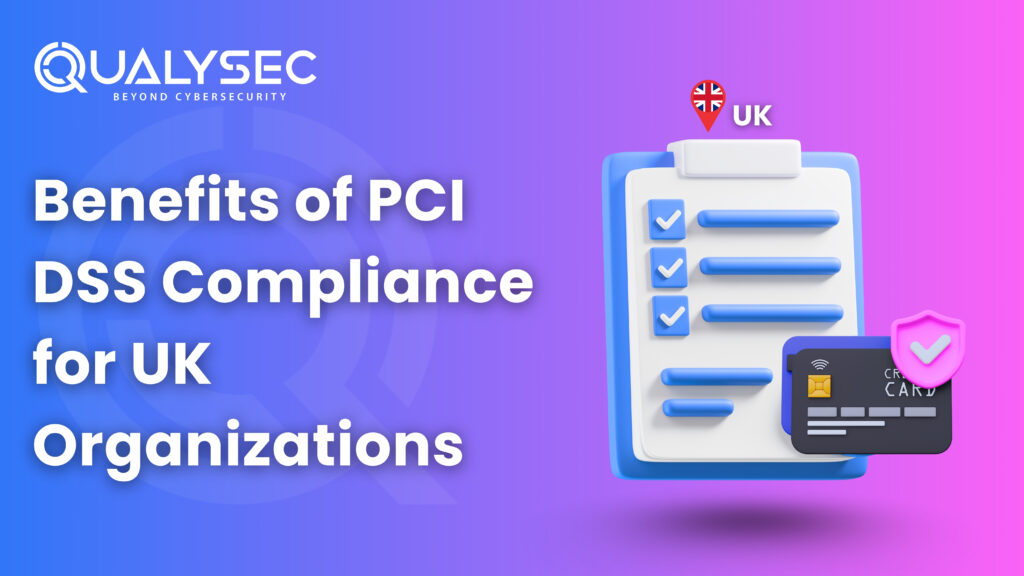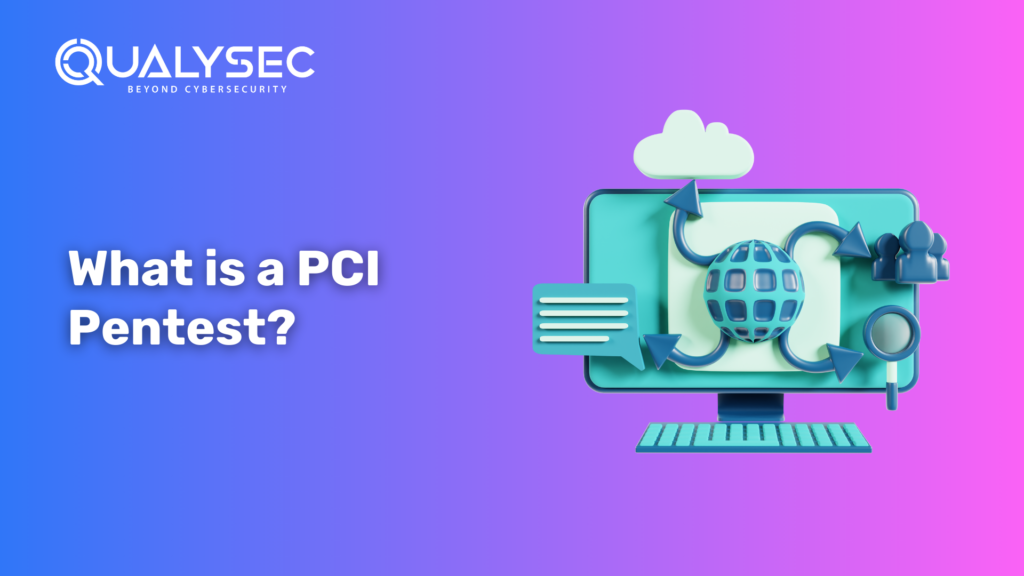Benefits of PCI DSS Compliance for UK Organizations
During the last 12 months, there were more than £0.5 billion in card fraud in the UK, most of it (about 80%) from transactions made using the card details online, mainly in e-commerce. In 2024, compromised data affected over 1.35 billion users worldwide, underscoring that actors targeting payment systems continue their efforts. Experts still regard PCI DSS compliance as the most important standard for protecting cardholder information in the industry. Besides requiring it, such changes provide important protection from new cyber attacks focused on collecting payment information and customer data. What is PCI DSS Compliance?- A Short Overview The process of PCI DSS compliance requires organizations to follow the Payment Card Industry Data Security Standard guidelines for handling payment card data. They apply to everything, such as security on the network and staff education, so cardholder data is preserved at all points of the payment procedure. An organization complies with PCI DSS certification when it follows the required technical and management steps to keep cardholder data safe from being taken or used incorrectly. Requirements for PCI DSS Compliance in the UK in Terms of Laws and Contracts The PCI compliance requirements are included in contracts for any business that deals with payment card data. If businesses linked to Visa or Mastercard fail to obey the required standards, they may receive heavy penalties, higher transaction charges, and a bad reputation. PCI Standards – Four Levels The PCI DSS compliance level is set depending on how many card transactions are processed each year by the merchant. Level Transaction Volume (per year) Typical Merchant Type Validation Requirements 1 Over 6 million Large retailers Annual on-site assessment, quarterly scans 2 1 million – 6 million Mid-sized retailers Annual SAQ, quarterly scans 3 20,000 – 1 million Smaller e-commerce Annual SAQ, quarterly scans 4 Fewer than 20,000 Small businesses Bank-defined, usually SAQ and scans The 12 PCI DSS Requirements (Quick Guide) 1. Firewall Configuration Each payment gateway should include a firewall to help monitor information, stop unauthorized use, and keep sensitive cardholder information in different segments from the rest of the business network. 2. Do Not Use the Standard Settings There are many examples when default passwords and settings are exploited. A major part of PCI compliance scan is to change all standard network configurations and passwords to prevent risks. 3. Protect Stored Cardholder Data Organizations must identify their data’s location, control the time they save it, and closely control the keys they use to encrypt their data. 4. Encrypt Public Transmission Encrypt all credit or debit cardholder information sent through any public or open network. As a result, anyone who tries to access the data receives nothing, so attackers cannot use it. 5. Set Your Antivirus to Update Itself Automatically All systems that could get malware need anti-malware tools, and users should always keep them up-to-date and regularly supervise them to ensure effectiveness. 6. Secure Systems and Applications All security weaknesses found in software and systems should be fixed as soon as possible. You should update the security of your software, check for dangerous weaknesses often, and design programs according to security best practices. 7. Restrict Access to Cardholder Data Cardholder data can only be accessed by people whose duties require it. The use of role-based access controls brings down the dangers of threats inside the company and the risk of exposing PCI data. 8. Identify and Authenticate Access Each user must be assigned a unique ID so that organizations are able to see their work actions. It is necessary to use strong authentication methods, especially multi-factor authentication, to prove who a user is. 9. Restrict Physical Access Measures should be set up to keep unauthorized people from getting to the cardholder data. Part of this means secure places, recorded entrances, and monitoring. 10. Track and Monitor All Access It is vital to keep a full record and watch all use of cardholders’ data and the network. Every day, administrators need to evaluate the logs to notice any strange events or breaches, and they should keep data from audit trails for at least one year. 11. Regularly Test Security You must spot and fix weaknesses by making sure to scan for vulnerabilities, review the system, and test for possible attacks. It requires PCI compliance service provider to run quarterly scans and a PCI DSS pentesting every year. 12. Establish a Policy That Deals With Information Security for the Entire Workforce Every information security policy should be put in writing, communicated, and reviewed on an annual basis. Employee training, carrying out risk assessments, and having internal controls in place are examples of this policy. Advantages of PCI DSS Compliance for UK Organizations Fewer Chances of A Data Breach Because of PCI DSS, companies have to use firewalls, encryption, and multi-factor authentication, which greatly decreases the possibility of data breaches. As the average cost of a data breach in the UK is likely to break £3.2 million in 2025, it is vital to follow laws to keep costs low. Deals with Cyberattacks The new PCI DSS 4.0 standards single out web skimming as a new kind of attack to keep in mind. You can deal with this kind of threat by making sure to use web application firewalls and protocols for script management. Trust in the Reputation of a Brand Since nearly three in four UK customers consider data security their primary worry when shopping online (according to a 2025 survey), being PCI DSS compliant can make a business different from its competitors. When customers see this, it tells them their card information is very safe, helping them trust and feel loyal to the business. Prevent Penalties and Fines Failing to comply with PCI DSS compliance requirements may result in fines from £4,000 to £80,000 per month, which also depends on the merchant’s level and the seriousness of the breach. Besides, businesses might see an increase in the fees for transactions and may not be able to process card transactions anymore. Improving Operations






